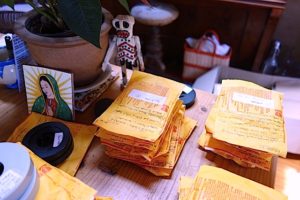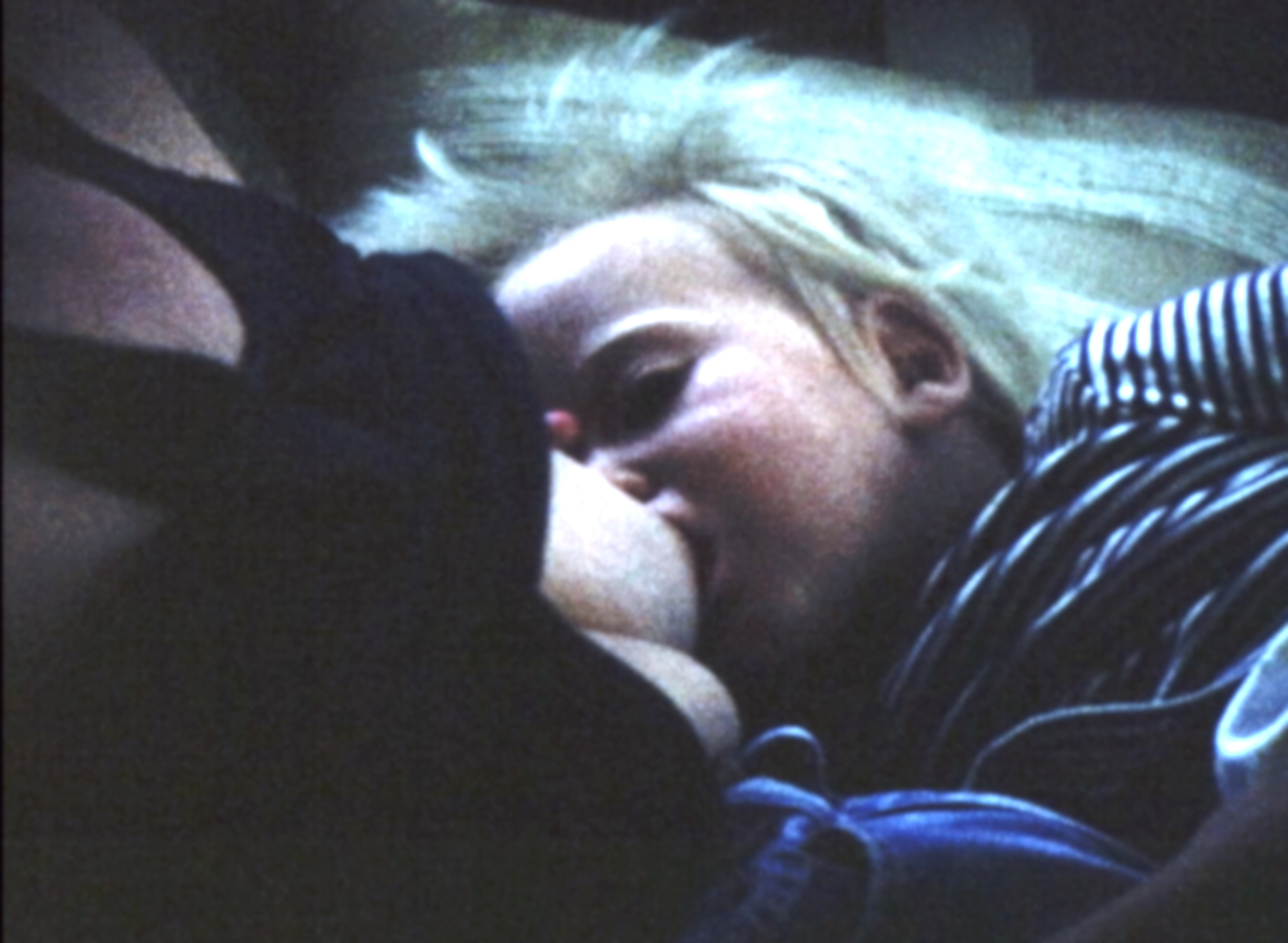Jeni Thornley is a documentary filmmaker, writer and film valuer. Her poetic essay documentaries: Maidens (1978), collaborative feature film and Penguin book, For Love or Money: a history of women and work in Australia (1983), To the Other Shore (1996), Island Home Country (2008) and Memory Film: a filmmaker’s diary are landmark films in Australian independent and feminist cinema, widely distributed and also broadcast on ABC TV and SBS. The films are available via beamafilm, Ronin Films, Anandi Films. Memory Film will be available for streaming via Antidote Films and broadcast on SBS TV and SBS On Demand later in 2025. The Study Guide will also be available via Australian Teacher’s of Media (ATOM) to tie-in with the SBS screenings.
Memory Film is an immersive, poetic diary film about transformation and ‘the personal is political’. It is based on Jeni’s Super 8 archive (1974-2003), acquired and digitised by the National Film & Sound Archive in 2016.

Preparing the Super8 rolls for NFSA digitising.
Memory Film documents the activism of three decades and an inner journey towards liberation. Accompanied by a unique music score by Joseph Tawadros, with no speaking voices or narration, the film offers a meditative, reflective experience into radical politics, social change and transformation.
Thanks to Tom Zubrycki-Co-Producer, Lindi Harrison- Editor ASE, Sue Maslin-Executive Producer, Joseph Tawadros-Original Music and Tristan Meredith-Sound Designer. Memory Film was produced with the assistance of the Melbourne International Film Festival Premiere Fund and Screen Australia (PEP); additional finance Documentary Australia and Lesbians Inc. Post Production – Post Lab.io: Nicholas Hower colourist, Keisha Clements, DI producer, Chris Luscri, business development manager. Media conform editor, Ahmadah Adil.

‘Memory Film’ filmmakers with PostLabio crew MIFF 2023. L-R: Darius Family, Chris Luscri, Jeni Thornley, Lindi Harrison, Tom Zubrycki, Keisha Clements, Nick Hower.
More detail on Memory Film is at this link – here!

Joseph Tawadros composer ‘Memory Film’ recording to picture, Church Street Studios, Camperdown 2023
“Thornley’s rising sense of awareness constantly reframes previous films within new contexts, communicating a restlessness that highlights the evolving nature and power of the archive as well as the stories it can tell.” Adrian Danks, Senses of Cinema, 99 , July 2021
Jeni is a Visiting Scholar in the School of Communication, Faculty of Arts and Social Sciences, UTS where she lectured in Issues in Documentary from 2002-2013, while making her doctorate film Island home country:subversive mourning. Earlier she taught history of documentary film at the Australian Film Television and Radio School (AFTRS). Jeni was a pioneering member of the Sydney Women’s Film Group, Feminist Film Workers and Sydney Filmmakers Co-operative where she worked in film distribution and exhibition and wrote for Film News.
Jeni worked on many independent films as actress and collaborator, including Film For Discussion, Women and Men Living Together, Woman’s House, Secret Storm, and was a contributing director on Australia Daze. She made her first film Still Life (Thornley & Ross) in the 1974 Women’s Film Workshop, was co-national co-ordinator 1975 Women’s International Film Festival, and worked as a camera assistant at Film Australia and on many independent films, including Journey Among Women and Climbers. Jeni was Manager of the Women’s Film Fund and Project Co-ordinator & Reader in Documentary Development, Australian Film Commission and NSW Film & TV Office. She writes about documentary regularly, having contributed over the years to Film News, Simply Living, The Conversation, Metro Magazine, Realtime and has written chapters for various film related books, as well as writing essays on her blog Documentary.

“Thinking in the infant emerges from the mother’s ability to think about her baby’s unthinkable thoughts and unbearable feelings. She must allow herself to ‘reverie’ about her baby, to take in the baby’s unbearable feelings and give them back in a benign form.” Wilfred Bion,’The Thinking Breast’ 1962. [Super8 frame and text from ‘Memory Film’]
